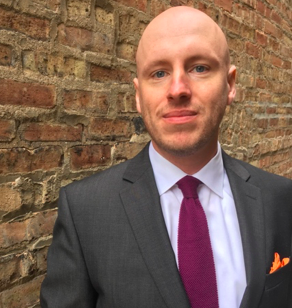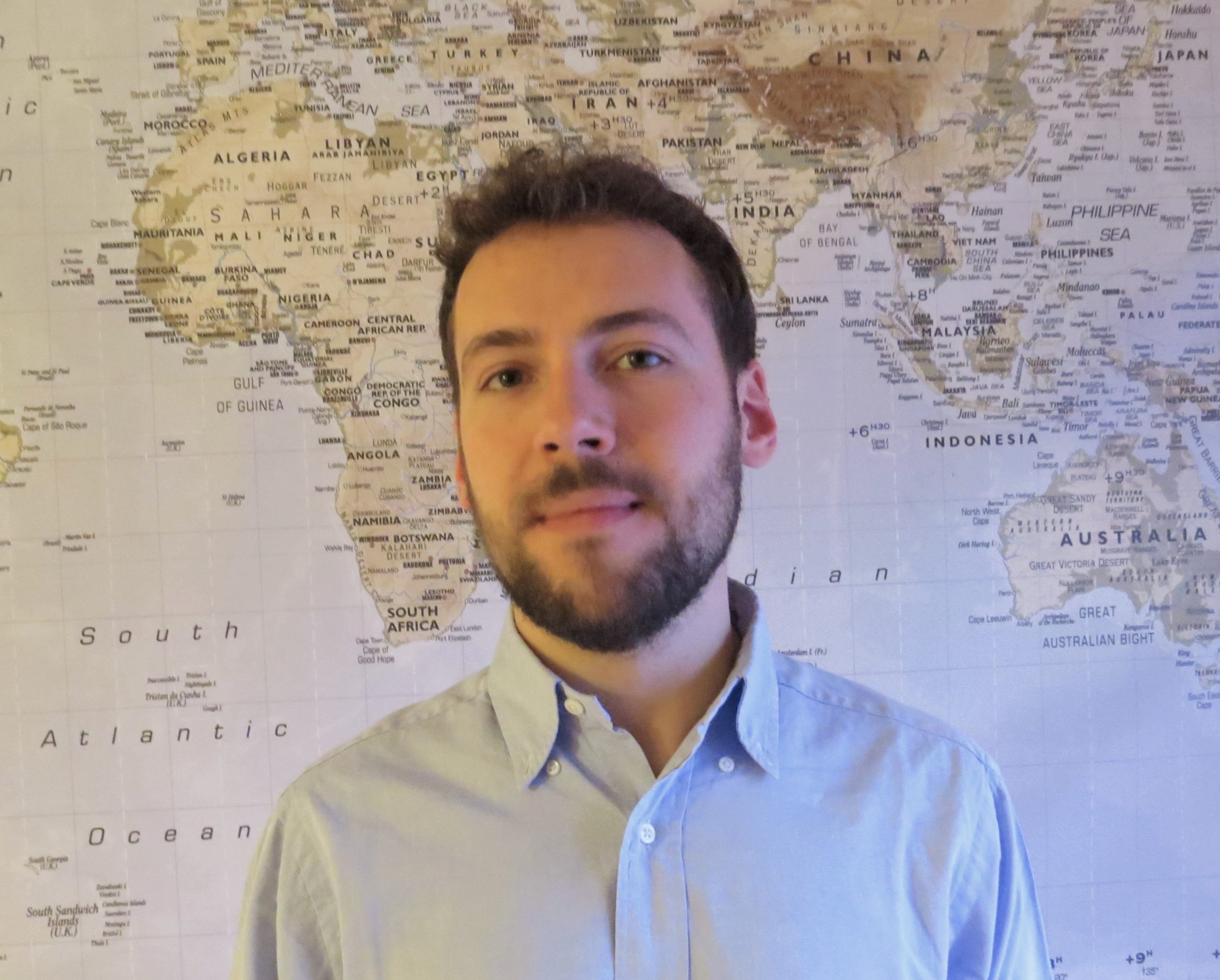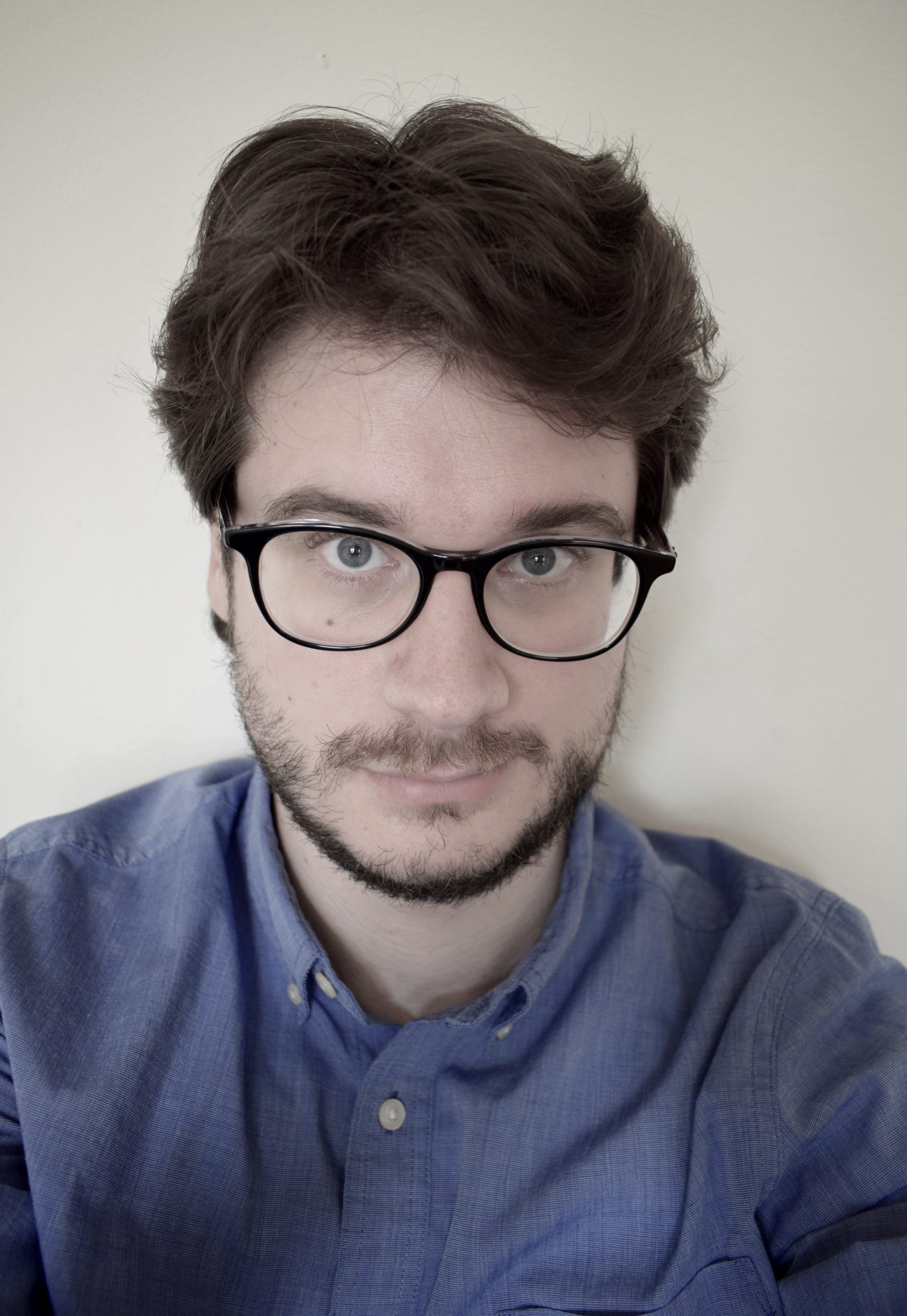On Thursday, June 25th from 10.00 to 12.00 am the fifth CAS SEE Weekly Seminar with Olivia Guaraldo, presented by our Fellow Valentina Moro took place on Zoom. The seminar discussed Arendt’s imaginative reception of the Athenian democracy.
Olivia Guaraldo is an associate professor of political philosophy at the Department of Human Sciences and the director of the Hannah Arendt Center for Political Studies at the University of Verona. Her field of expertise focuses on modern and contemporary political thought. She has worked extensively on the thought of Hannah Arendt. She has also worked in the field of contemporary feminist political theory, investigating the theoretical and political relationships between the thought of sexual difference and gender theory. She has edited and introduced the Italian translations of Judith Butler’s works, Precarious Life (Rome 2004, Milan 2013) and Undoing Gender (Rome 2006, Milan 2014). Among her most recent books: Comunità e vulnerabilità. Per una critica politica della violenza, 2012; She has have co-edited, with Angie Voela, the Gender and Education special issue “ ‘If Not Now When’: Feminism in contemporary activist, social and educational contexts” (2016). Recently, she has been working on the Arendtian theme of Public Happiness, with the aim of rethinking democracy in light of new participatory practices and a new affective lexicon that enables to frame political action in generative terms.
Caught in the midst of the catastrophic events of the 20th century, both existentially and intellectually, Hannah Arendt sought to interpret her present from a politically oriented theoretical perspective. After her original analysis of totalitarianism as an essentially unprecedented phenomenon in human history, where all the pre-existing categories of thought and action had proven insufficient to explain what happened, Arendt embarks in the difficult task to re-imagine the political, convinced as she is that the public life lived together, the ‘vita activa’, is the most meaningful dimension for the human beings. This is why she goes back to Greek antiquity to recover, with philological freedom and interpretative creativity, a notion of the political that the Western tradition has completely lost. Central to this recovery is her reading of the Athenian democracy as ‘isonomia’, a notion she reads as correspondent to an essentially anti-modern, participatory experience of ‘no-rule’.
Watch the CAS SEE Weekly Seminar with Olivia Guaraldo:
[embedyt] https://www.youtube.com/watch?v=dAwDq4Uy9oI[/embedyt]
The translation of Olivia’s new article “Historical Minutiae: On Statues and Broken Mirrors” is available here.





